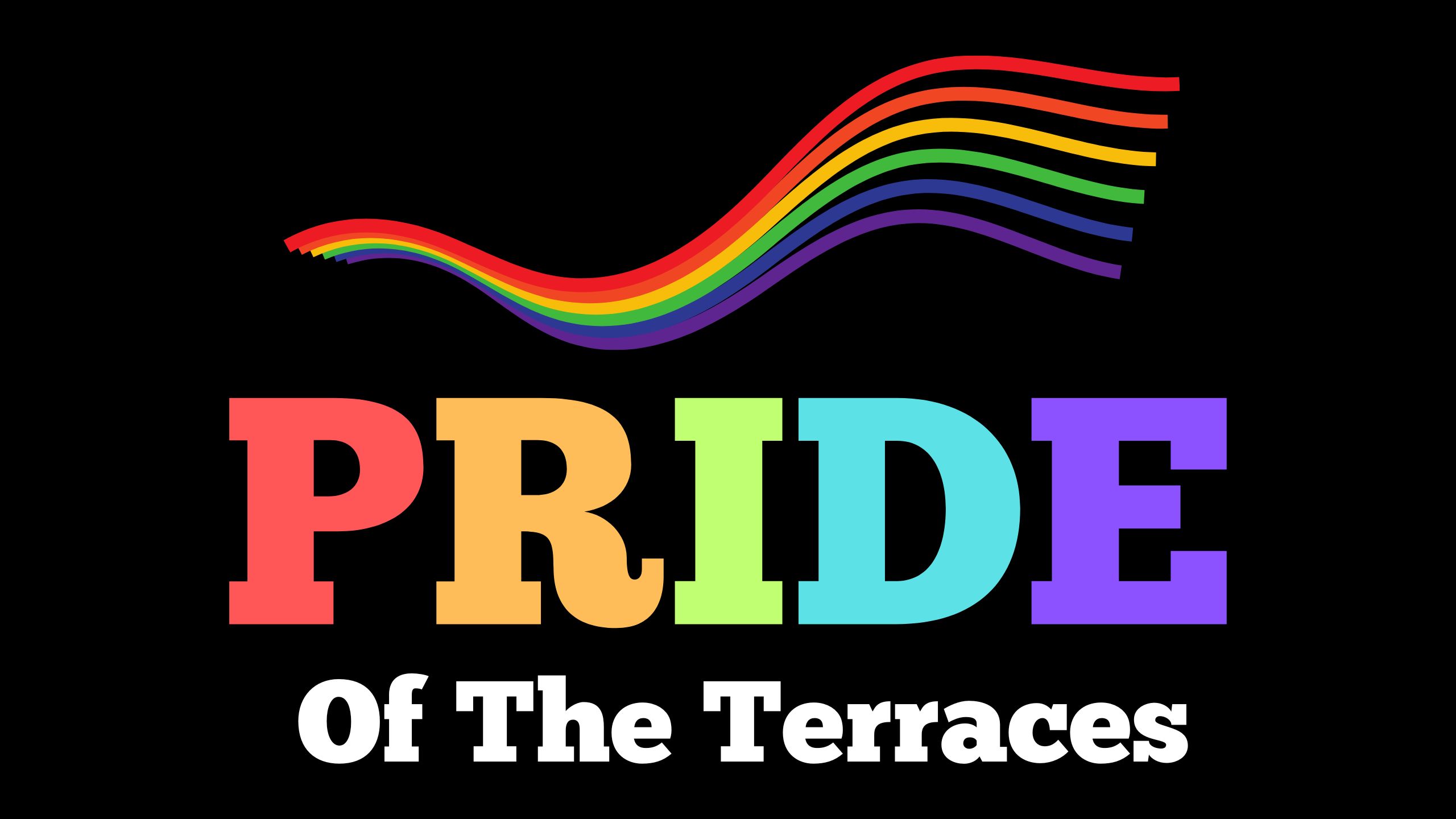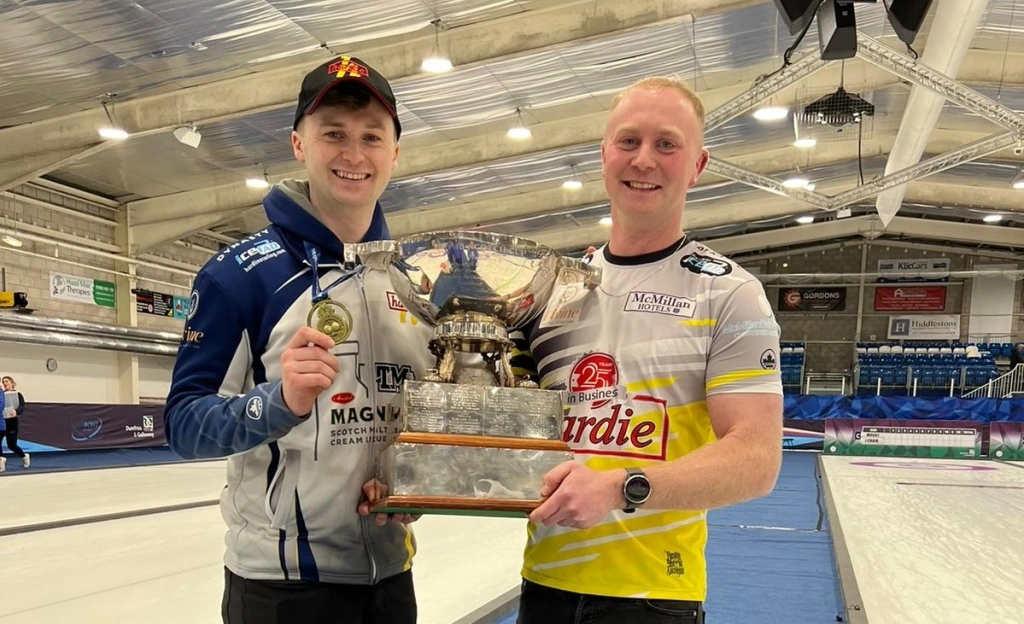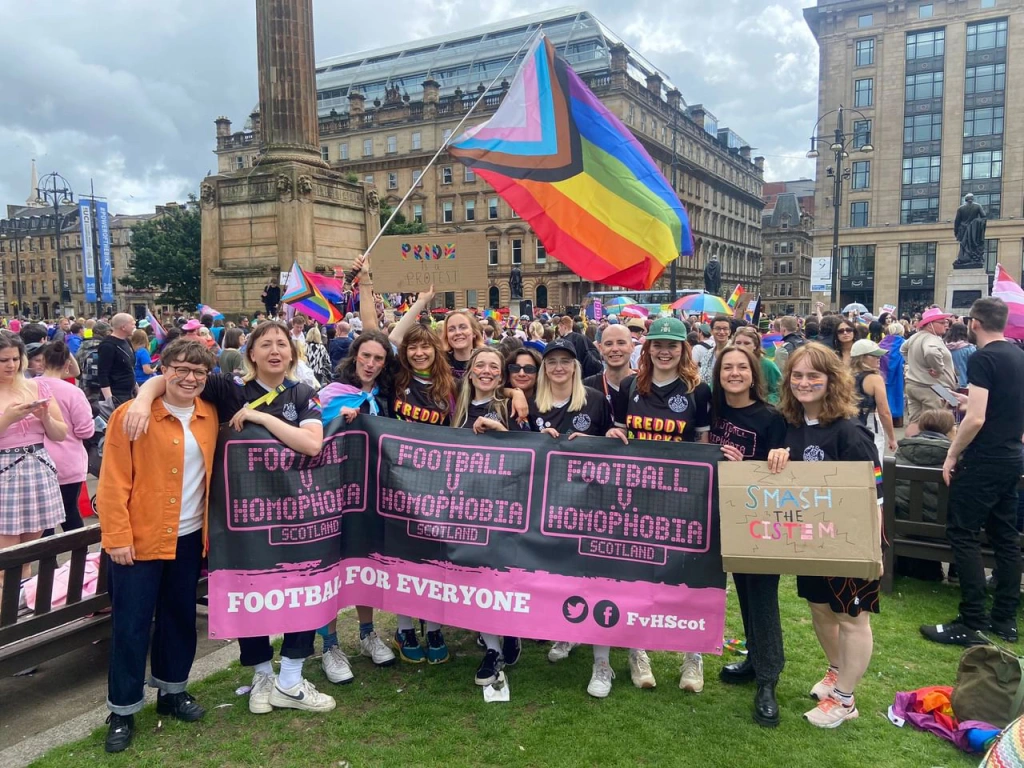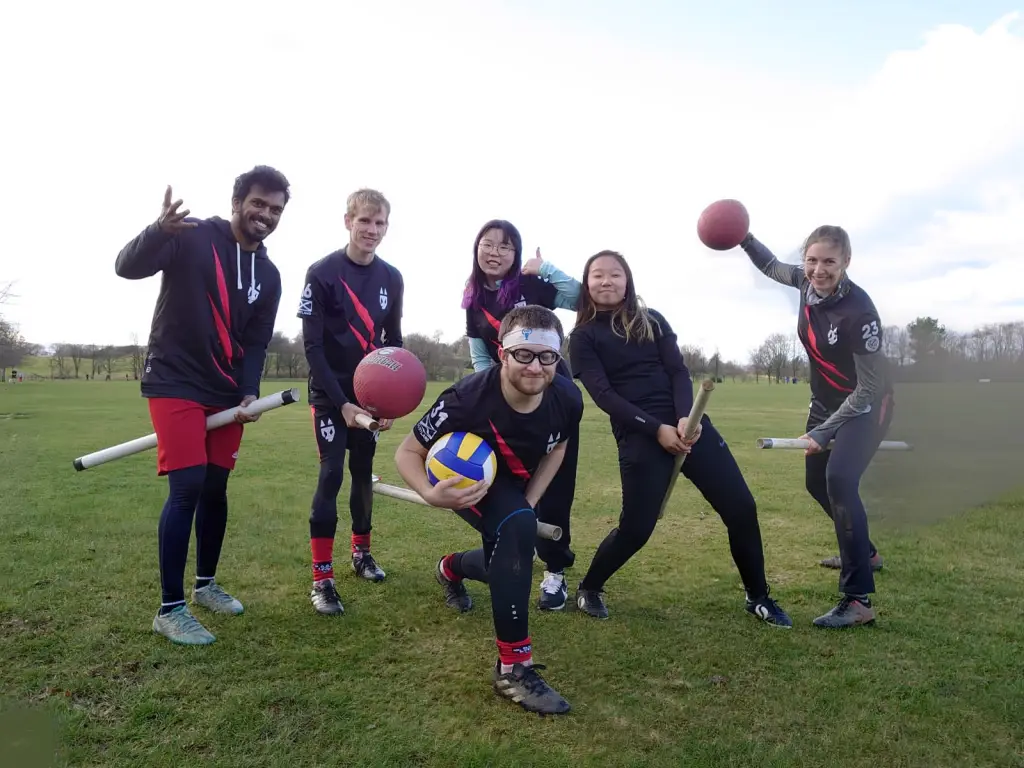Leading GB blind skier John Dickinson-Lilley (Twitter: @JDLskier)
You always need to respond in the way that works for you. You might not be out or you might not feel confident or safe enough to challenge negativity. My personal response is to call out anti-LGBT behaviours, attitudes and cultures but I’m equally aware that my experience as a GB athlete and working as a communications professional equips me to deal with confrontation differently. You should take the action that works for you.
BBC radio presenter Jack Murley (Twitter: @jack_murley)
I can completely understand being cautious – and ultimately, it’s not for me or anyone else to advise a person on how they should choose to live their life.
If an individual doesn’t feel ready to talk about their sexual orientation or gender identity in sport, that’s completely their call. We all have a right to give away as much or as little about our lives as we want – and that’s just as true for sport as it is for any other profession or hobby.
So while, in my opinion, it’s always better for people to bring their ‘whole self’ to a sport, that’s just what works for me. If you don’t think that works for you, that’s completely your call and I respect that.
If you are wanting to be open and honest about your identity, I’d say finding a person in your squad or team you can talk with on a one-to-one basis is usually a good step. Make it someone you can trust (or a group of people, if that one-to-one doesn’t work for you) and have a chat with them – and you may well be surprised by how they react. And honestly, my messages are always open for anyone who needs advice or someone to listen as well.




